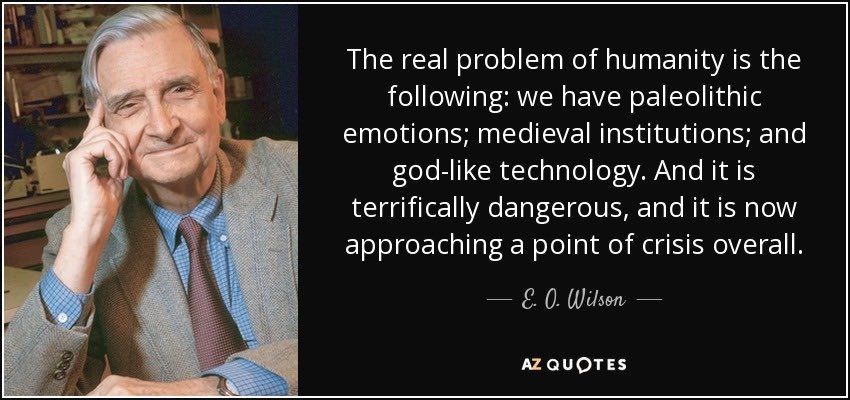Part II in this series referenced Dee Hock’s observation that data is abundant, whilst wisdom is scarce. Dee’s comments were published in 2005 yet feel particularly resonant in the present day.
In a couple of posts (1 & 2) Gerry McGovern tries to help us grasp the almost unfathomable escalation in abundant digital data…
“In the last two years, we have created more data than in all previous history. We are now talking about zettabytes of data, a volume of data that is almost impossible to imagine.”
Gerry concludes his 2nd post by stating…
“Organizations are collecting digital data simply because they can…we will have all this data and we will end up less able to make timely, quality decisions.”
Being “less able to make timely, quality decisions” suggests we are struggling to level-up to Dee Hock’s conceptions of “knowledge” and “understanding”, let alone “wisdom”.
Sports organisations are no exception. One of the most prominent examples of collecting data “simply because you can” is in the explosion of player/athlete tracking data and the area of “load management”. About 3 years ago some of my former colleagues realised this was becoming a systemic issue and we subsequently launched a significant project to dampen the rising narrative that simply measuring (quantifying) more stuff was the answer to better managing load and injury.
Some wise practitioners are also starting to question this and the wider use of data in coaching…
"We have reduced the quality and intensity of training to meet magic numbers developed by flawed measurement devices based on artificial algorithms" - @coachgambetta https://t.co/aSAzZEaH2i
— Mark Upton (@uppy01) December 16, 2019
So much of what I read these days is about analysis of football and big data but I don’t see much written about who uses it and more importantly how they use it. Are there ‘coaches’ at the elite level in the top leagues who are willing to share how they use the data?
— Ron Smith (@Smudger_RS) February 5, 2020
Of course sports organisations limited by measurement are nothing new. Kelvin Giles on his experiences over many years…
“No school or governing body (of sport) will do anything unless they can measure it. If you can’t measure it then it won’t exist because no organisation will consider it.”
Considering the words of Henry Mintzberg, perhaps this can be traced back to New Public Management…
“Meanwhile, under the banner of the ‘New Public Management’, a euphemism for old corporate practices, public services that cannot be turned into businesses are supposed to pretend that they are businesses: put heroic leaders in charge, reorganize constantly, measure like mad, and reengineer everything in sight. Most activities are in government because they cannot be managed like businesses. How is diplomacy supposed to be so managed? How do you measure what a child learns in a classroom without destroying the quality of the education? A senior British civil servant, when asked why there had been such a profusion of measurement in his ministry, replied, “What else are we to do when we don’t understand what’s going on?” How about trying to connect, to communicate, even to use judgment? (Remember judgment?)”
Asked last year to write a proposal for shifting to new ways of working in a governing body of sport, I shared the following perspective…
“For many sports organisations common sense has not translated into common practice. Predominant ways of working in organisations are founded on beliefs and assumptions at odds with the latest theory and (common sense) practice regarding complex human and social systems. Related, the uncritical adoption of corporate business models (disposed to maximizing a singular value, namely profit) and a fixation on management by metrics are pitfalls we increasingly see in sport contexts. These often do enormous damage to the human element of life in sport - most obviously through breakdowns in relationships, trust, engagement and learning.”
We’re on a curious trajectory…

References & Image Credits
- Henry Mintzberg - Rebalancing Society
- visualising Australian fires - visualisation based on NASA data and produced by Anthony Hearsey.
